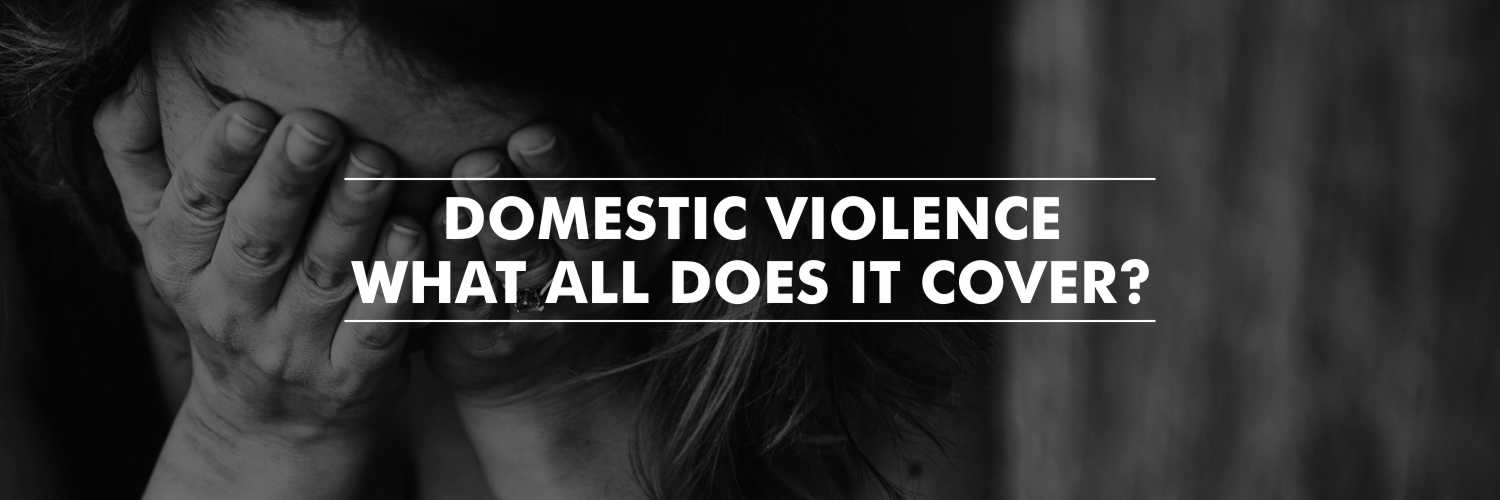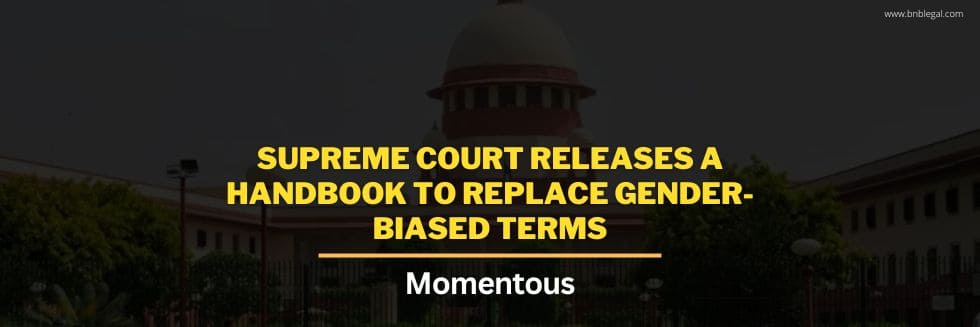Domestic violence is a pattern of behavior which involves violence or other abuse by one person against another in a domestic setting, such as in marriage or cohabitation. Violence by a spouse or partner in an intimate relationship against the other spouse or partner.
The protection of women from Domestic Violence Act, 2005 enacted to protect women from domestic violence. The act provides for the first time in Indian law a definition of domestic violence, with this definition being broad and including not only physical violence but also other forms of violence such as emotional/verbal, sexual, and economic abuse. It is a civil law meant primarily for protection orders and not meant to penalize criminally. Plenty of domestic violence cases in India are pending.
Domestic violence and emotional abuse are behaviors used by one person in a relationship to control the other. Partners may be married or not married; heterosexual, gay, or lesbian; living together, separated or dating. There are various implications of the Domestic Violence Act which protects women against any kind of physical or mental abuse.
Objective of the Domestic Violence Act, 2005
Primarily meant to provide protection to the wife or female live-in partner from domestic violence at the hands of the husband or male live-in partner or his relatives, the law also extends its protection to women living in a household such as sisters, widows or mothers. Domestic violence under the act includes actual abuse or threat of abuse whether physical, sexual, verbal, emotional or economic. Harassment by way of unlawful dowry demands to the women or her relative would also be covered under this definition.
It may be not easy to identify domestic violence at first. While some relationships are clearly abusive from the outset, abuse often starts subtly and gets worse over time. You might be experiencing domestic violence if you are in a relationship with someone who
- Insults you or puts you down
- Prevent you from going to work or school or seeing family members
- Acts jealous or possessive or constantly accuses you of being faithful
- Threatens you with violence or a weapon
- Gets angry when drinking alcohol or using drugs
- Forces you to have sex or engage in sexual acts against your will
FORMS
Domestic violence can take many forms, such as
PHYSICAL
Physical abuse is that involving contact intended to cause pain, injury, other physical suffering or bodily harm. Denying medical care, sleep deprivation, and forced drug or alcohol use, are also forms of physical abuse. It can also include inflicting physical injury onto other targets, such as children or pets, in order to cause emotional harm to the victim.
SEXUAL
Sexual abuse is defined by World Health Organization as any sexual act, attempt to obtain a sexual act, unwanted sexual comments or advances, or acts to traffic, or otherwise directed, against a person’s sexuality using coercion.
EMOTIONAL
Emotional abuse or psychological abuse is behavior that threatens, intimidates, or systematically undermines self-worth. Emotional abuse includes threats, isolation, public humiliation, constant personal devaluation.
ECONOMIC
Economic abuse is a form of abuse when one intimate partner has control over the other partner’s access to economic resources. Economic abuse may involve preventing a spouse from resource acquisition, limiting what the victim may use, or by otherwise exploiting the economic resources of the victim.







